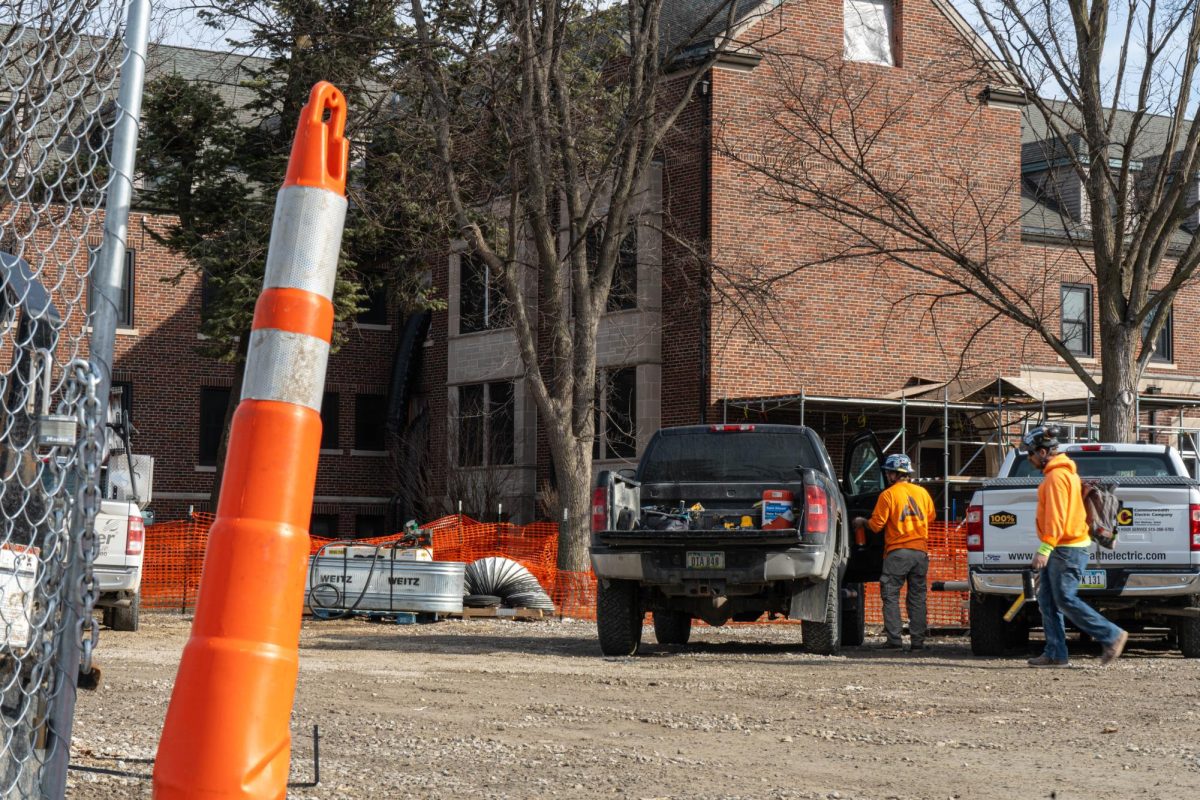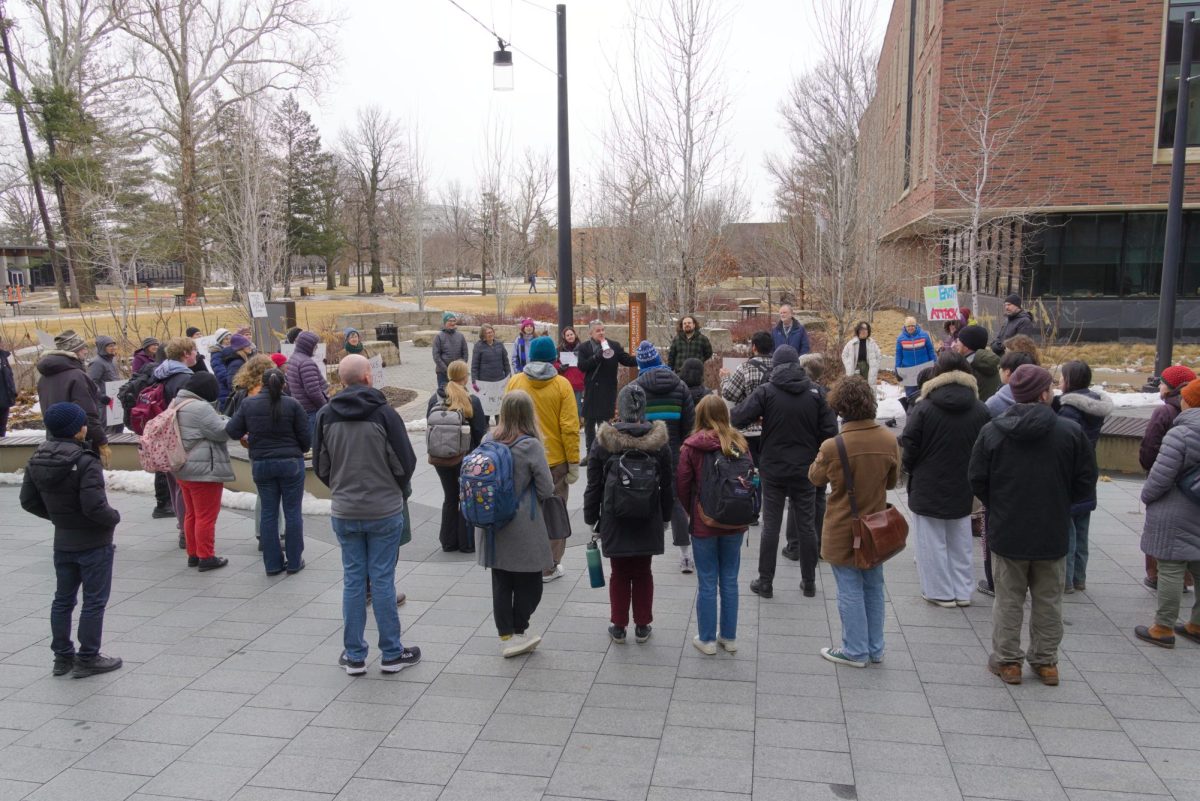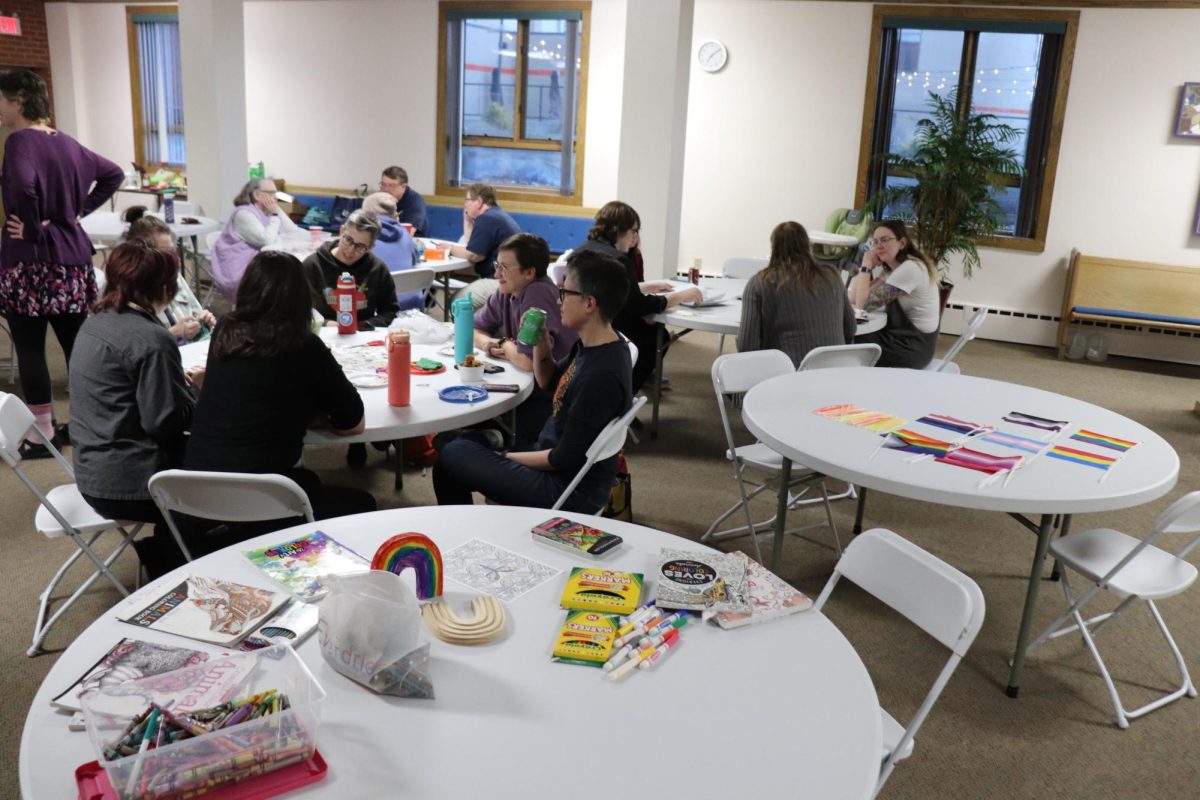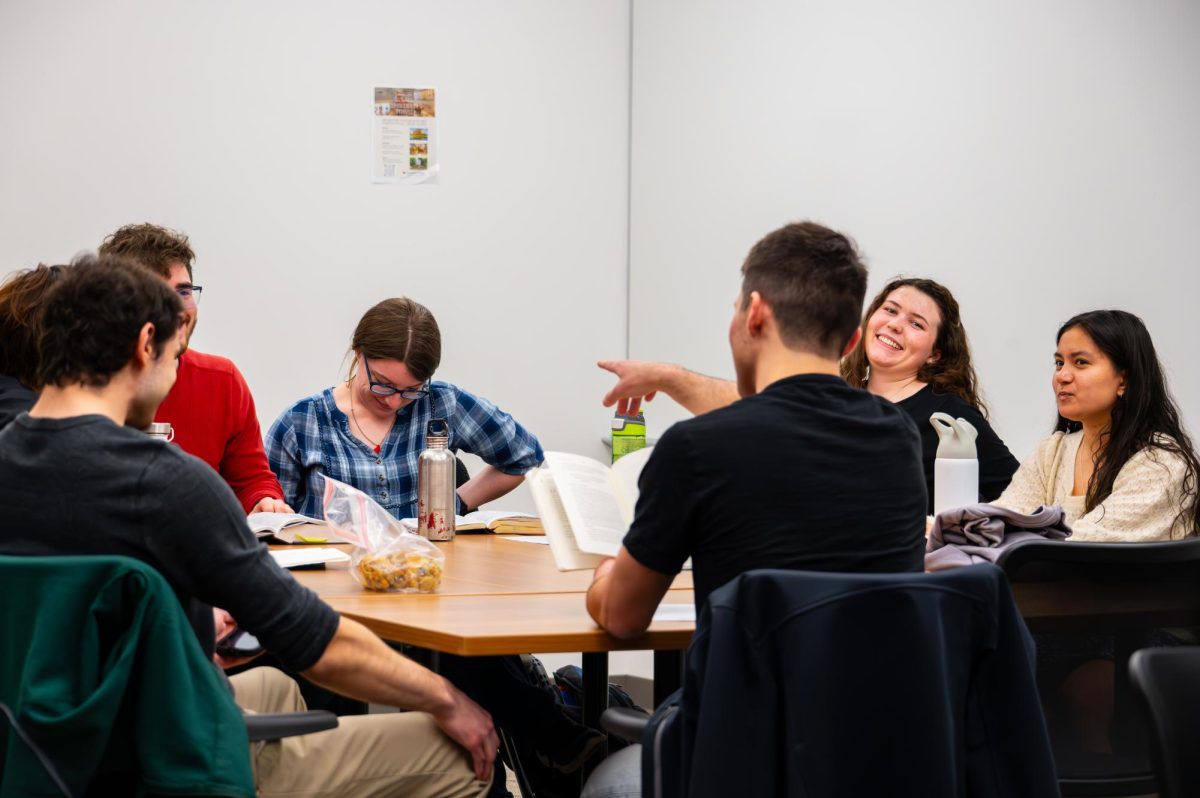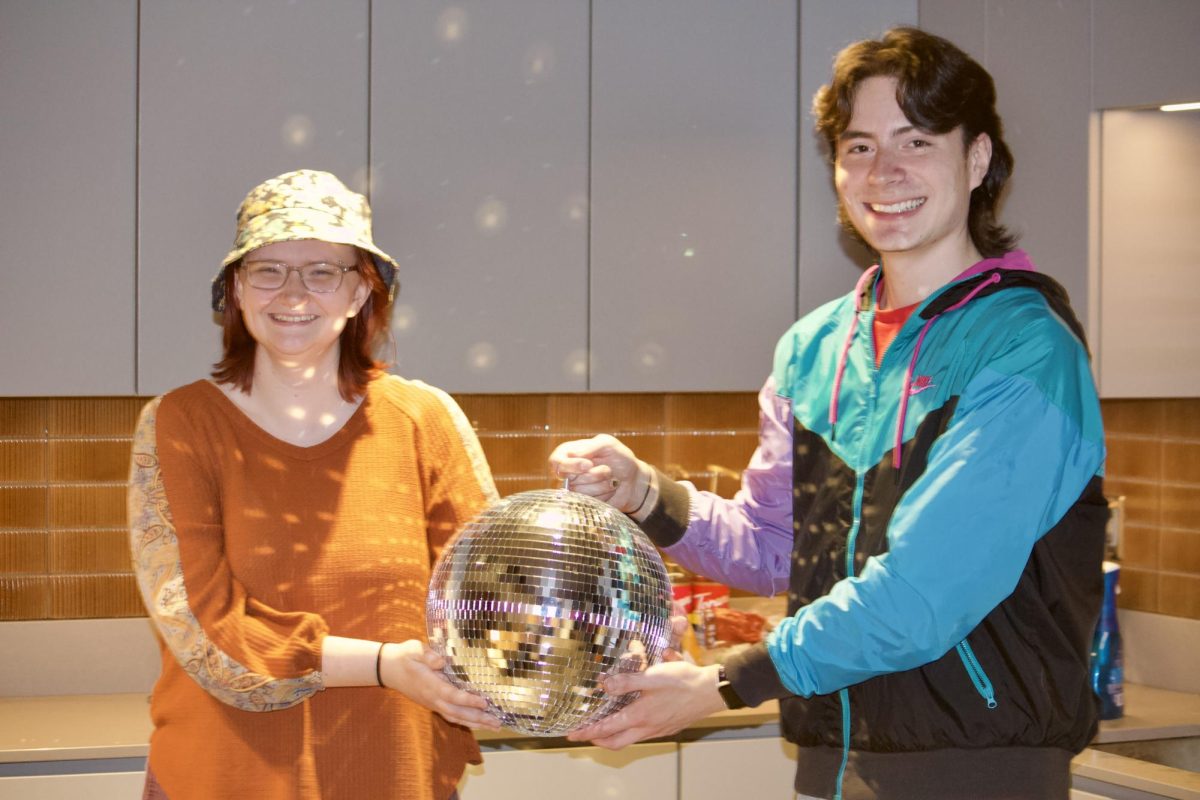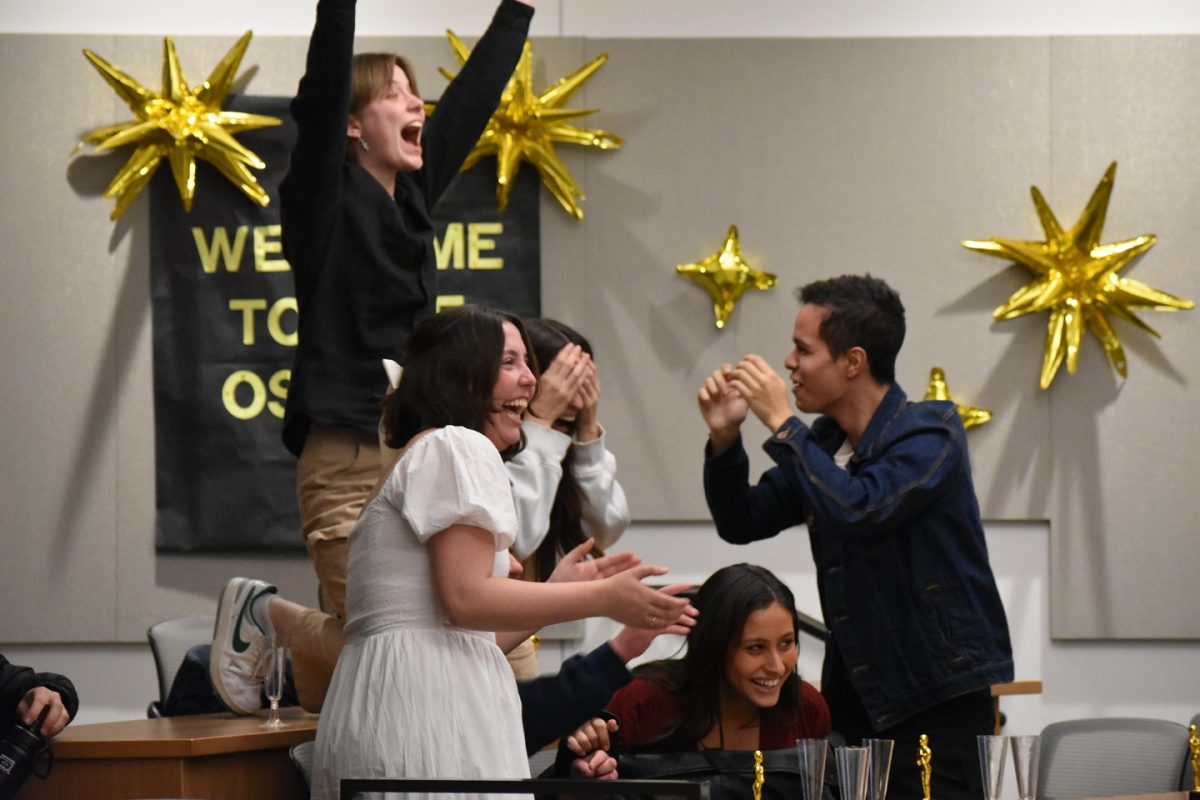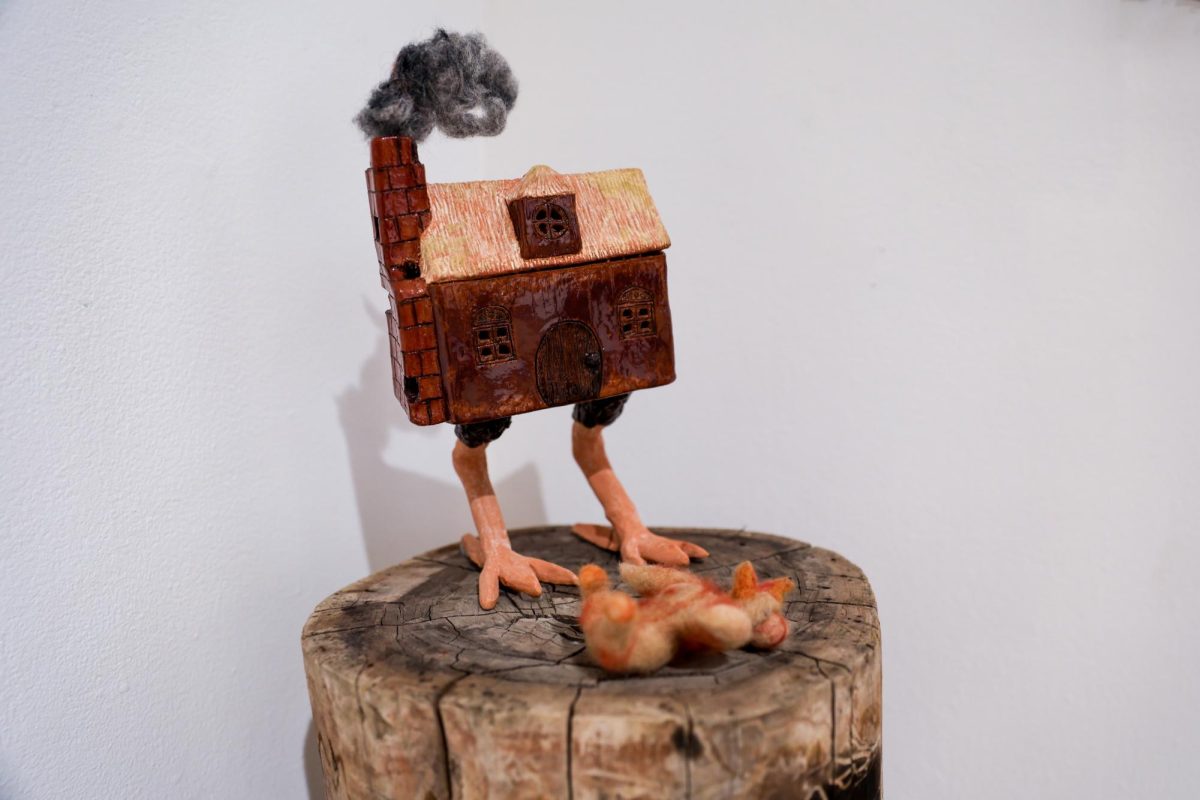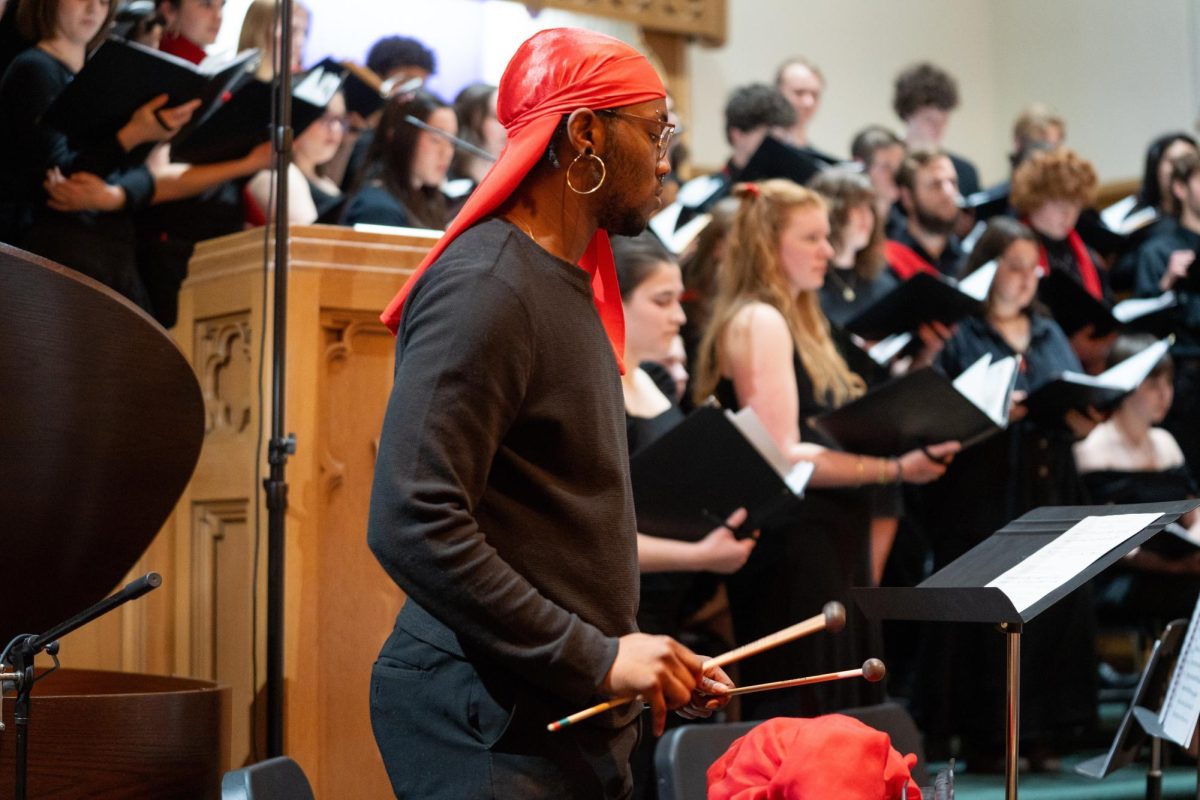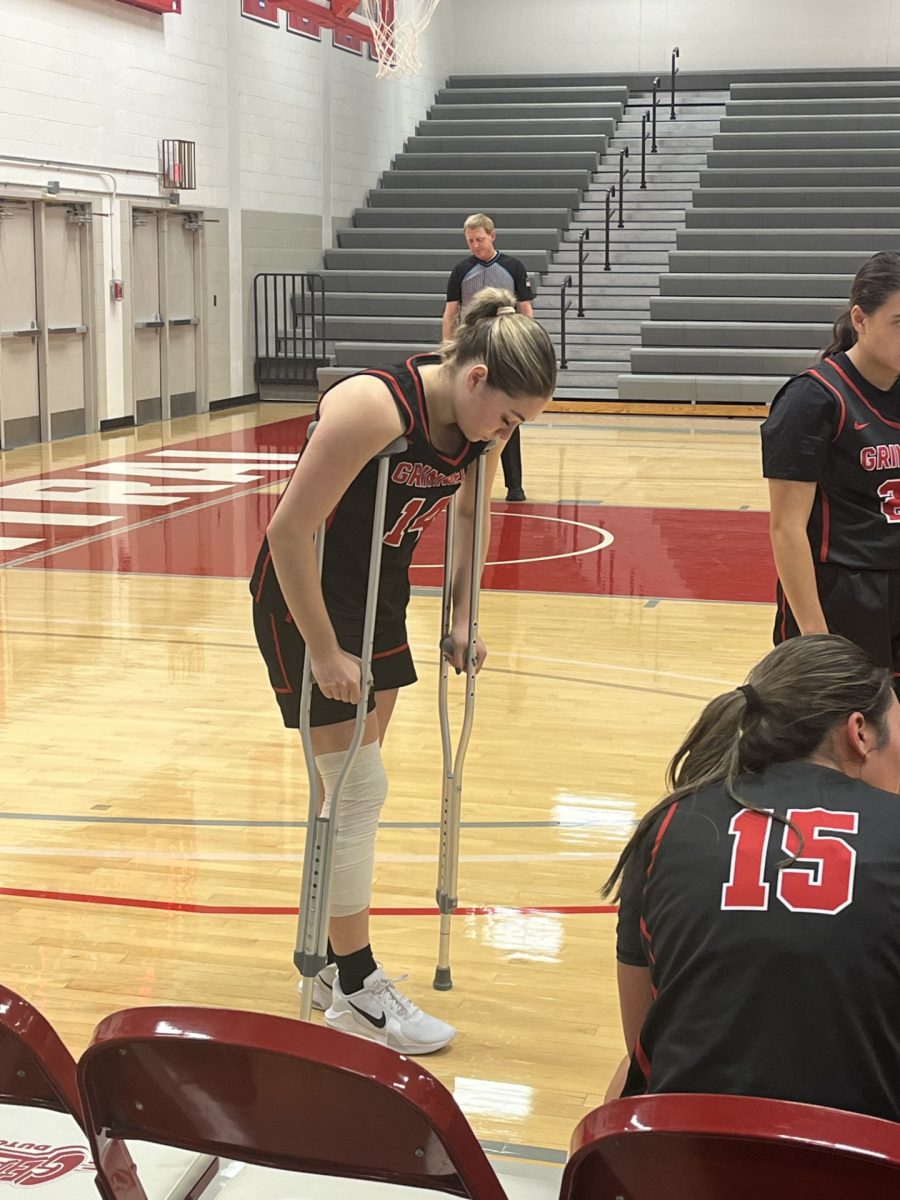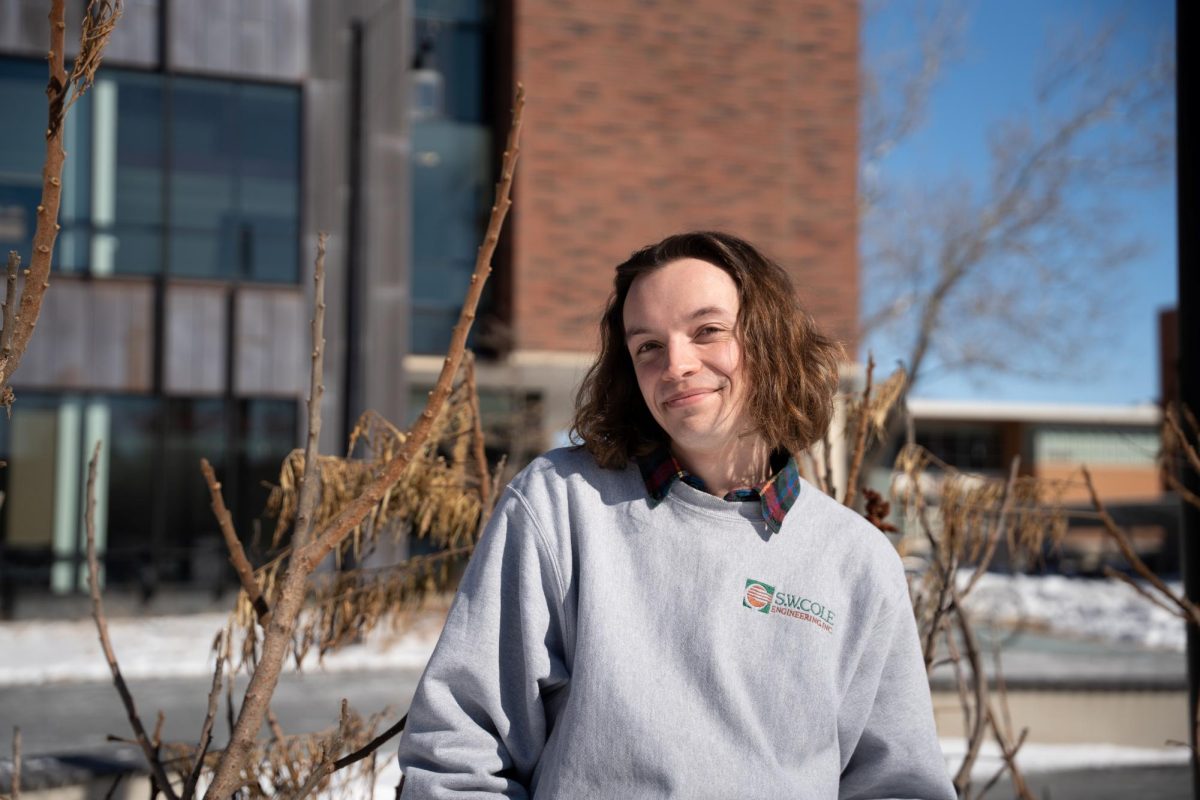Theatre and Dance department renames to include Performance Studies
September 19, 2022
Grinnell College’s former Theatre and Dance Department was renamed the Department of Theatre, Dance, and Performance Studies at the beginning of the 2022-23 school year. The emerging field of Performance Studies brings a new interdisciplinary aspect to the department, allowing students to further connect their knowledge of theatre and dance with the embodied act of performance.
Assistant Professor of the department Jen Shook said, “Thinking of the department as Theatre, Dance, and Performance Studies makes us think about everything we do from the point of view of performance. Performance Studies allows us to think about how the concepts of performance, the lens of performance, allow us to look at everyday life.”
With the new change, students are encouraged to see the ways various disciplines connect to performance. “Students will be able to not think of us as like an extra add-on, but think of us as something that is integral to their journey and their paths of curiosity,” said Shook.
Despite the name change, the department itself is not changing drastically. For years, it has been incorporating elements of Performance Studies into its curriculum. Making the name official allows the department the freedom to unite and consider non-traditional components of performing together.
“We can talk about drag performance. We can talk about durational performance arts. We can talk about parade as performance. We could talk about social media performance in ways that in the past just wouldn’t have been a part of that class,” Shook explained. “Some of the existing classes are morphing, and some of them will be new classes.”
Shook also expressed a hope to change the pedagogy of the department, with a focus on understanding how the study of performance and performing are not separate but one.
The department aims to tear down existing beliefs of theatre, dance, scholarship and living as being distinct entities and instead embrace their intrinsic integration.
An emphasis on safety and awareness has also arisen from the department’s efforts to understand what performance means and how to express it. In the past, toxic work environments have been rampant in theatre and dance, with long hours and late rehearsals, but Grinnell’s department and its faculty stress how important it is to recognize the humans behind the art.
“People have bodies, and you need bathroom breaks, and you need to sleep, and you need to eat,” said Shook.
These standards are inspired by a movement spearheaded by the Chicago Theatre Community called ‘Not in Our House.’ The movement worked to address issues of sexual and emotional abuse, and other toxic norms in performance culture.
The department’s steps toward integrating the different studies into a more holistic approach is representative of a greater trend in higher education towards interdisciplinary learning. Students taking classes in the department will now experience a more all-encompassing, diverse view of performance and be able to apply it to more than just plays, manuscripts or dancing.
They will see performance everywhere.
“You’re thinking about the whole picture in the whole body and the whole life all at once,” said Shook. “It’s kind of understanding human behavior as performance.

